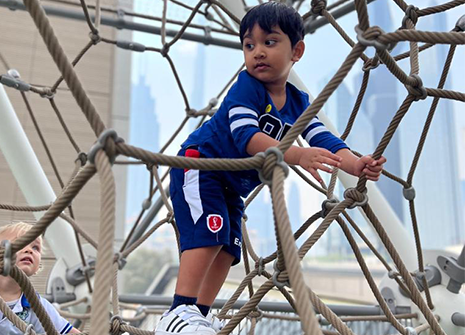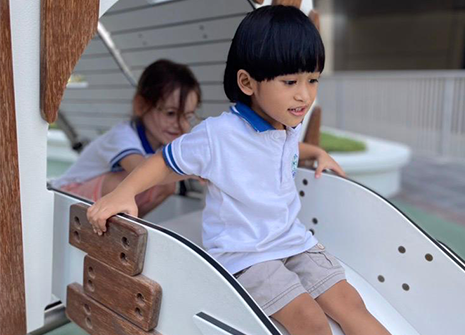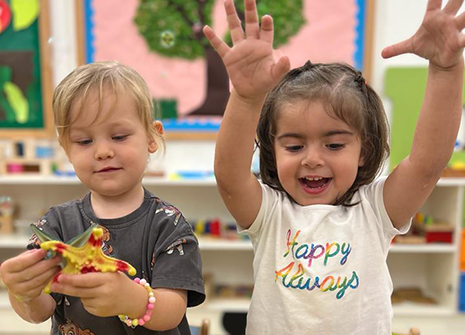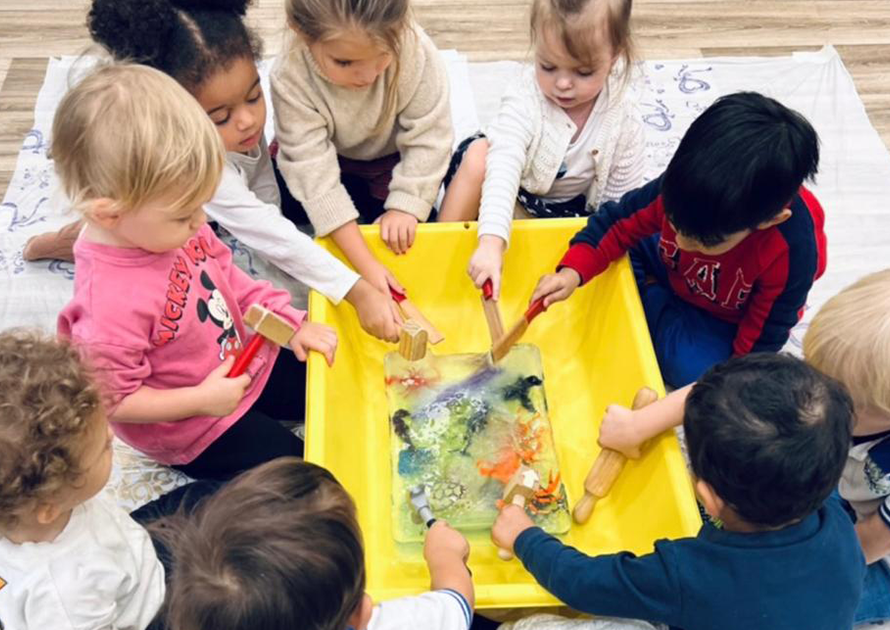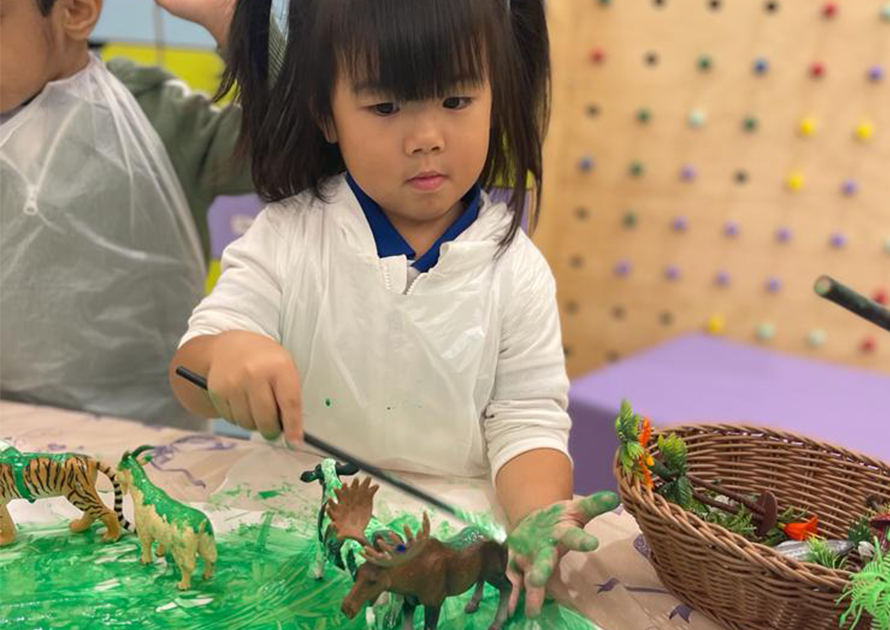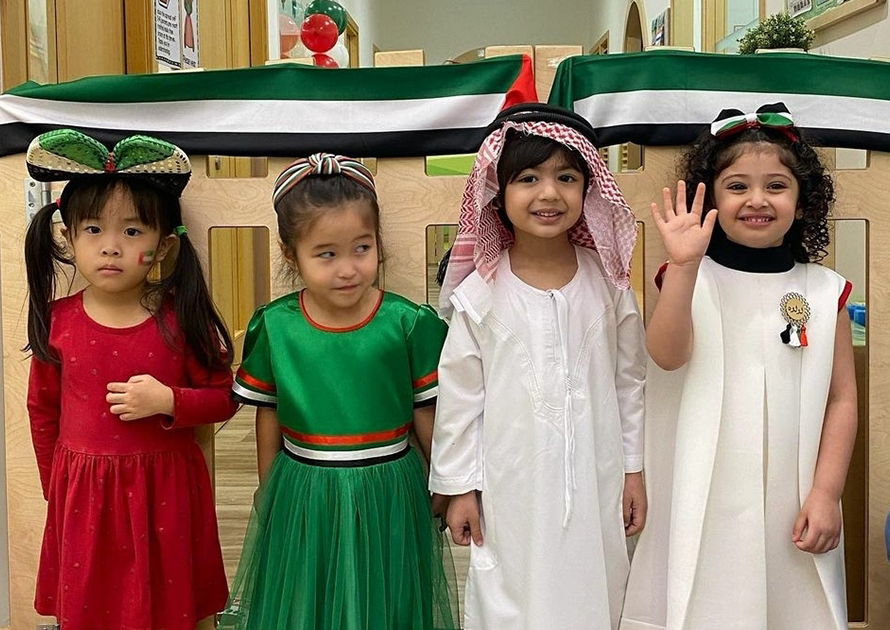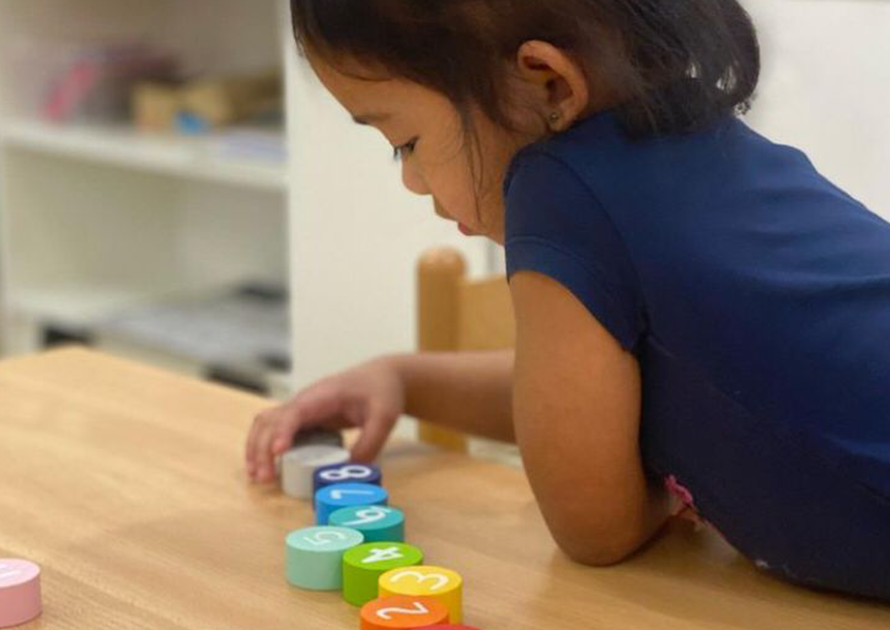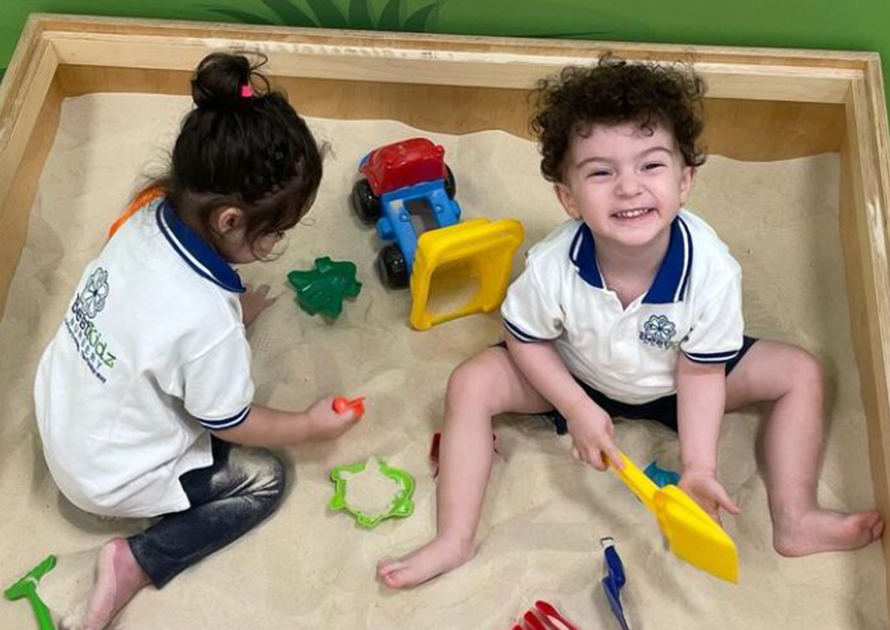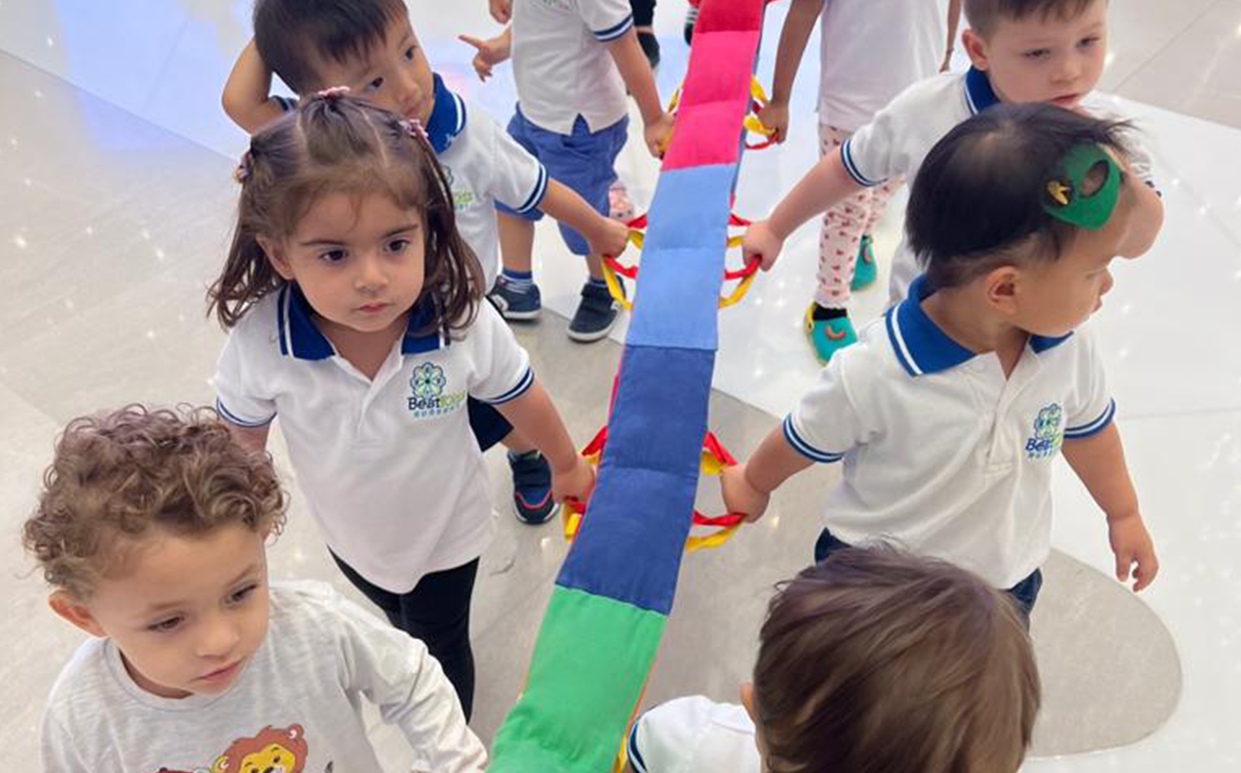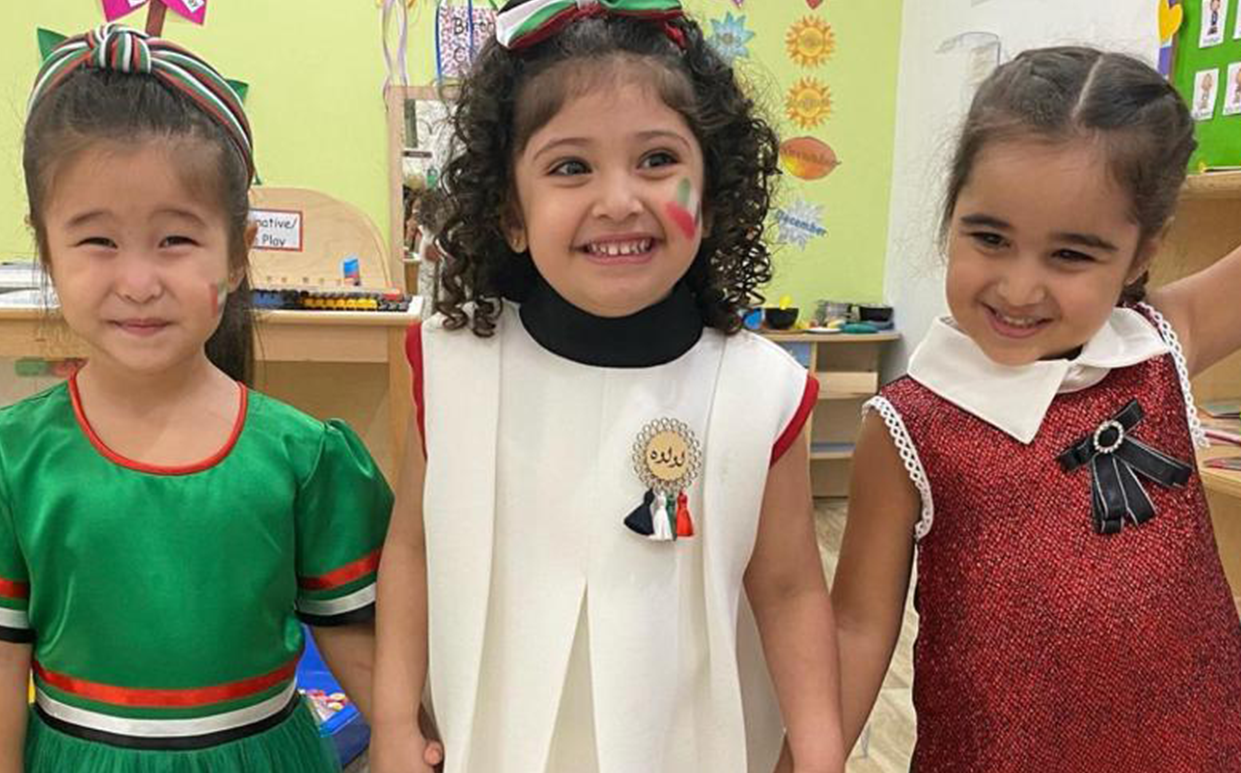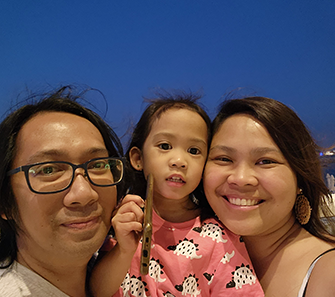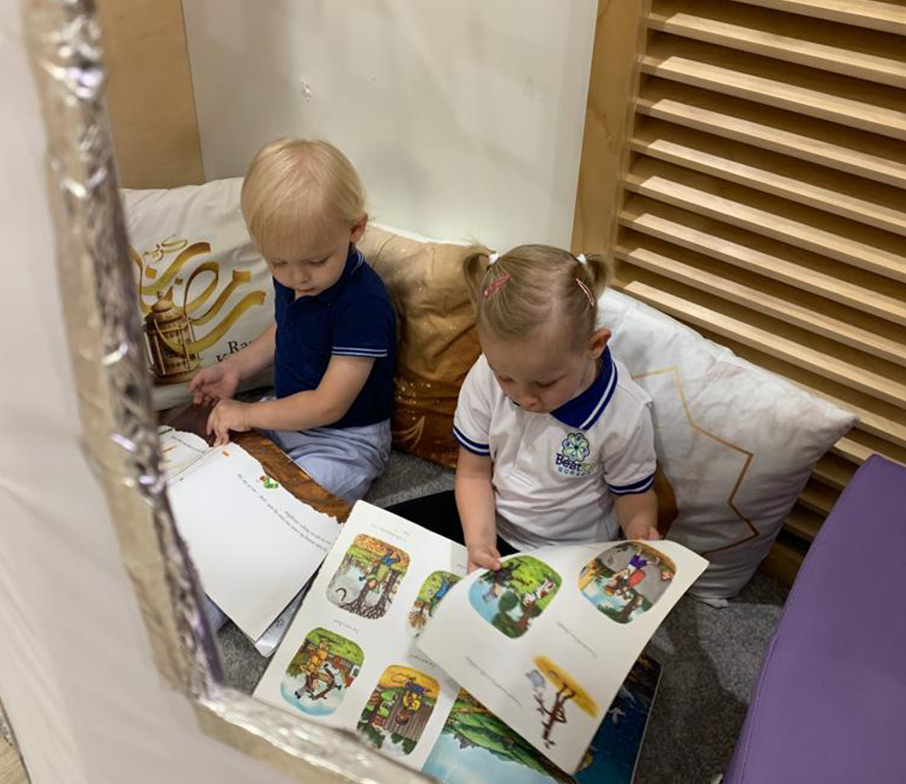
EARLY CHILDHOOD EDUCATION AND CARE (ECEC)
Our curriculum is based on the ideology and principles on Finland’s National Core Curriculum for Early Childhood Education and Care 2016 because of its universality and core values it envisions for a progressive, competent and noble community.
The Finnish methodology is formed on phenomenon-based learning, where the learning expands from a phenomenon observed near us to gathering new information about the surrounding world. The skills and knowledge learned in early years are strengthening – not only the child’s cognitive skills – but the child’s participation and active involvement in the society.
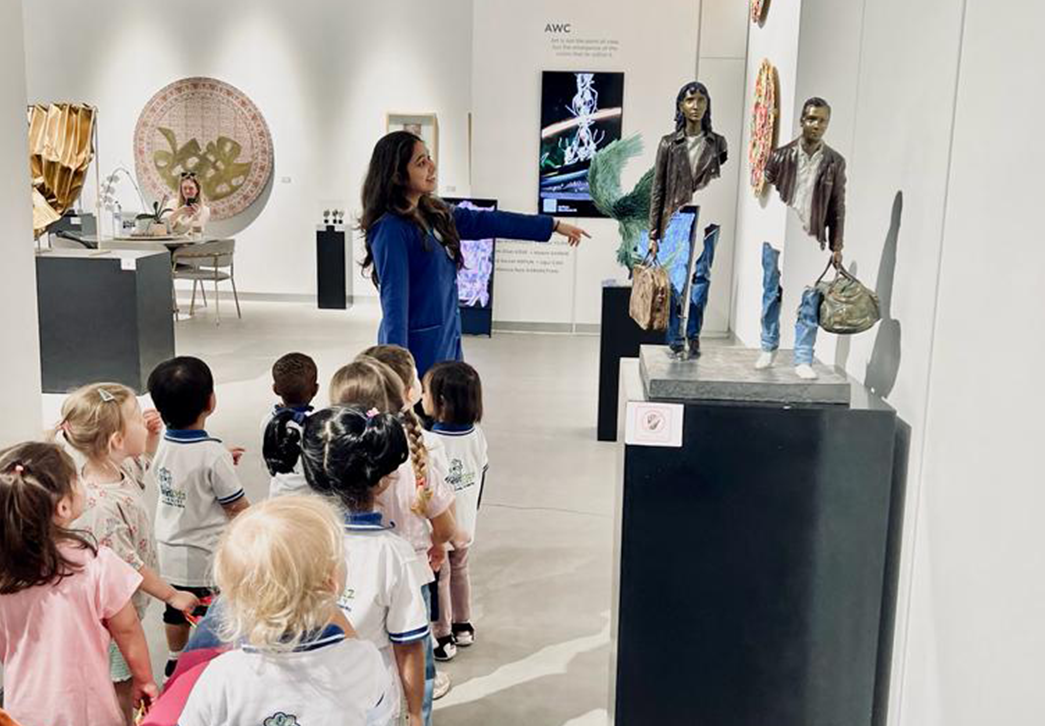
OUR APPROACH
ECEC is based on an integrated approach to education and care. The essence of early childhood pedagogical practice is to provide integrated care, education and teaching to all the children, equally in a caring and conducive learning environment.
Our child-centered approach to education caters to each child’s interests and learning styles. By providing a rich environment and a variety of educational choices, we help children direct, develop and expand their own interests and unique talents. We recognize and encourage the development of a balanced personality.
THE IMPORTANCE OF PLAY
Finnish methodology underlines the intrinsic value of play for the child and its pedagogical importance in learning and in the overall development and wellbeing of the child.

KEY LEARNING AREAS
PLAY INCORPORATED WITH LEARNING AREAS
Learning areas describe the key objectives and contents of pedagogical methodology. They guide the educators in planning and implementing versatile and integrative pedagogical activities together with the children.

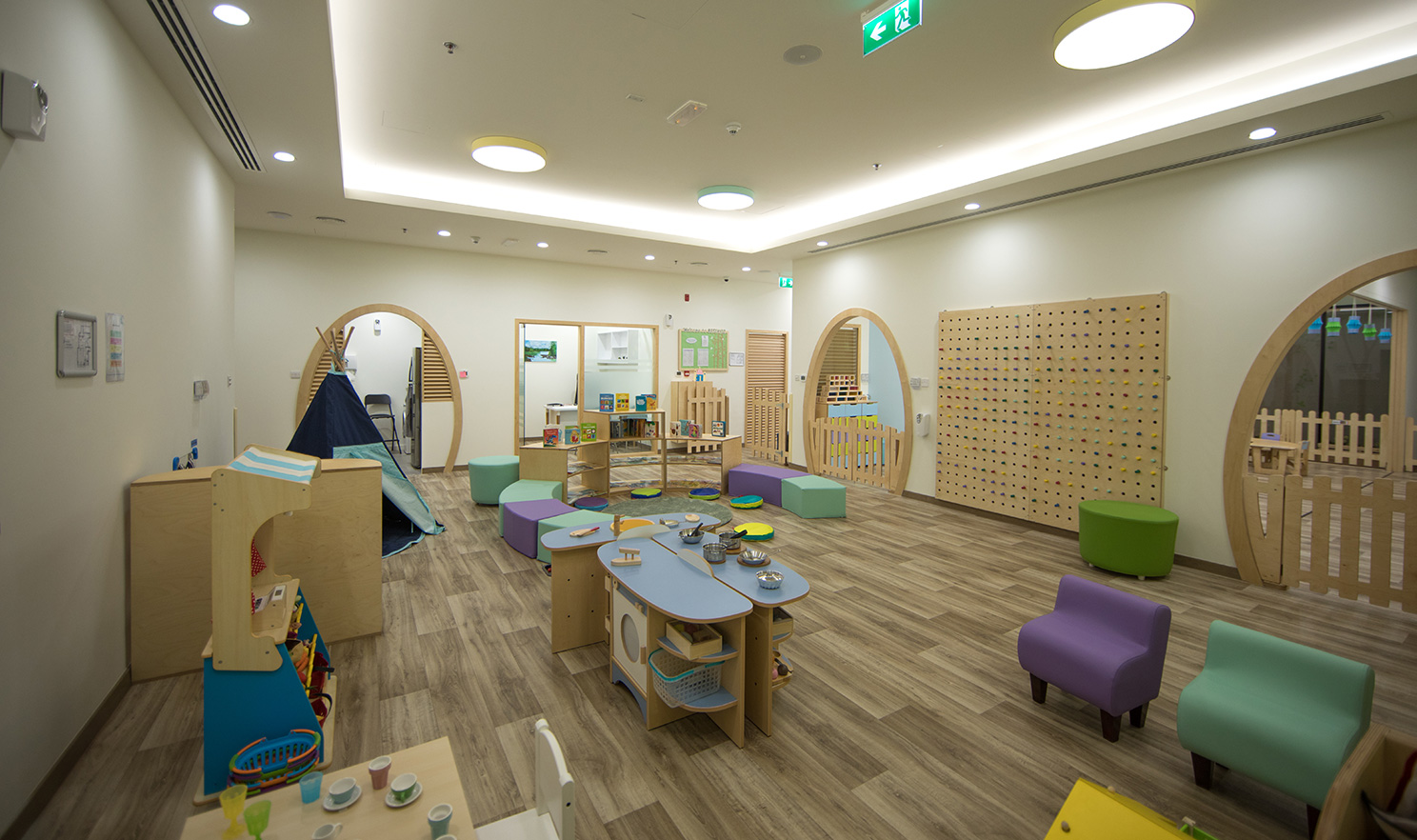
Our Learning Zones
Our aim is to provide a learning environment which will guide children’s curiosity, interest and learning motivation and give them opportunities for play, other activities, as well as for rest and silence. These zones include child supervised and free play, exploration, physical activity as well as experience of an expression through art. Children are guided to avoid sitting for long periods and are encouraged to be physically active within the zones. Their well-being is promoted by providing them with an opportunity for calming down and resting. We believe engaging in sufficient daily physical activity supports children’s thinking and learning. Our environment is created to promote taking care of one’s self and managing daily life through activities such as getting dressed, eating meals independently, taking care of personal hygiene and possessions and strengthening their skills related to well-being and safety. Our Learning zones within the classrooms are set up by integrating versatile pedagogical activities meeting the needs of children of various age groups.
- Imaginative and Creative
- Language
- Mathematical
- Audio Visual
- Mindfulness
- Practical Life Skills
- Sensorial
- Construction
- Physical
- Social Science


